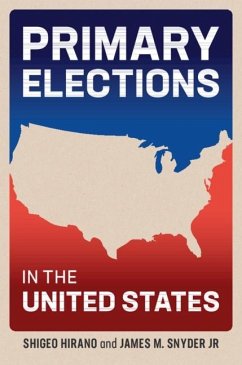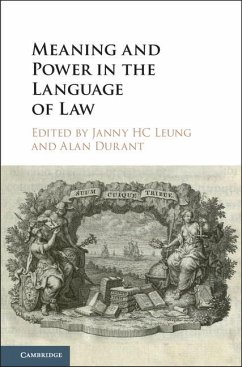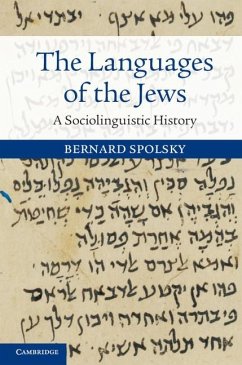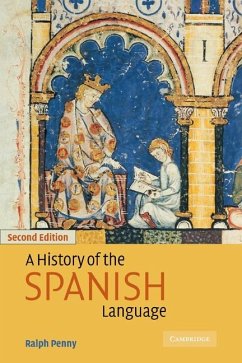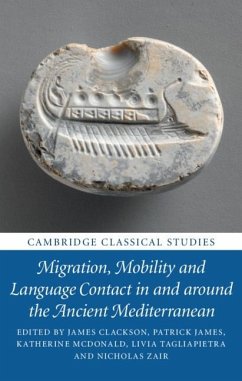
Empire at the Opera (eBook, ePUB)
Theatre, Power and Music in Second Empire Paris
Versandkostenfrei!
Sofort per Download lieferbar
11,95 €
inkl. MwSt.
Weitere Ausgaben:

PAYBACK Punkte
6 °P sammeln!
Although nineteenth-century legislation had tried to ensure a precise separation between genre and institution for Parisian music in the theatre, it had inadvertently laid out a field on which the politics of genre could be played out as agents and actors of all types deployed various forms of artistic power. During the Second Empire, from 1854 until 1870, the state took over day-to-day control of the Opera in ways that were without precedent. Every element of the Opera's activity was subjugated to the exigency of Empire; the selection or artists, works and more general questions of artistic p...
Although nineteenth-century legislation had tried to ensure a precise separation between genre and institution for Parisian music in the theatre, it had inadvertently laid out a field on which the politics of genre could be played out as agents and actors of all types deployed various forms of artistic power. During the Second Empire, from 1854 until 1870, the state took over day-to-day control of the Opera in ways that were without precedent. Every element of the Opera's activity was subjugated to the exigency of Empire; the selection or artists, works and more general questions of artistic policy were handed over to politicians. The Opera effectively became a branch of government. The result was a stagnation of the Opera's repertory, and beneficiaries were the composers of larger-scale works for competing organisations: the Opera Comique and the Theatre Lyrique.
Dieser Download kann aus rechtlichen Gründen nur mit Rechnungsadresse in A, B, BG, CY, CZ, D, DK, EW, E, FIN, F, GR, HR, H, IRL, I, LT, L, LR, M, NL, PL, P, R, S, SLO, SK ausgeliefert werden.






